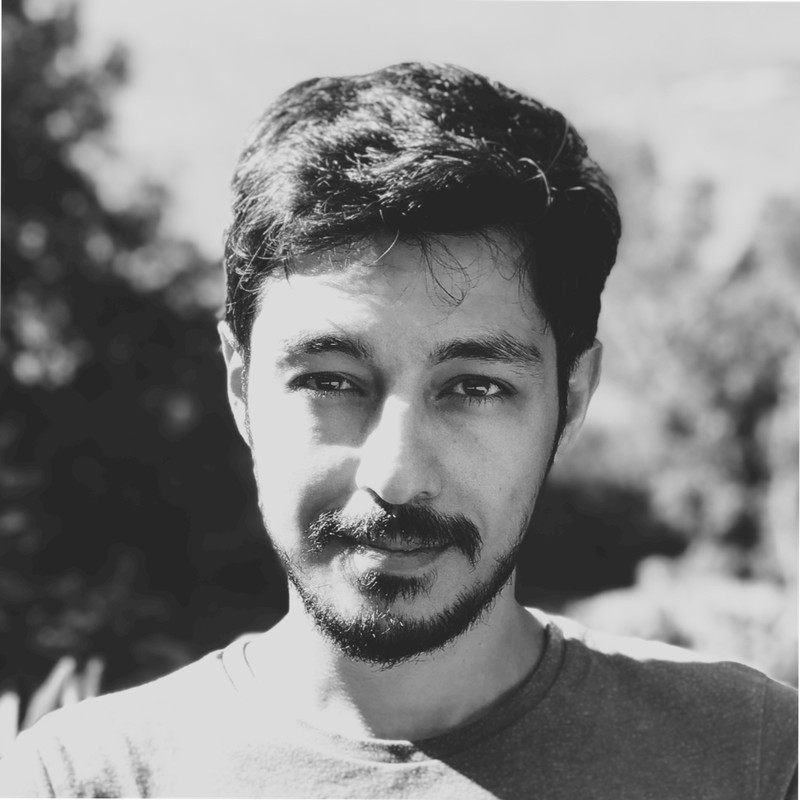State of the Art Natural Language Understanding in Python
This talk introduces Spark NLP: the most widely used NLP library in the enterprise, thanks to implementing production-grade, trainable, and scalable versions of state-of-the-art deep learning & transfer learning NLP research, as a permissive open-source library in Python, Java, and Scala – backed by a highly active community and team. Spark NLP library implements core NLP algorithms including lemmatization, part of speech tagging, dependency parsing, named entity recognition, spell checking, multi-class and multi-label text classification, sentiment analysis, emotion detection, unsupervised keyword extraction, and state-of-the-art Transformers such as BERT, ELMO, ALBERT, XLNet, and Universal Sentence Encoder.
The latest release of Spark NLP 2.6.0 comes with over 330+ pretrained models, pipelines, and Transformers in 46 languages.
The talk will demonstrate using these features to solve common NLP use cases, scale computationally expensive Transformers such as BERT, and train state-of-the-art models with a few lines of code using Spark NLP in Python.

Maziyar Panahi
Spark NLP Lead at John Snow Labs
Maziyar Panahi is a Senior Data Scientist and Spark NLP Lead at John Snow Labs with over a decade long experience in public research. He is a senior Big Data engineer and a Cloud architect with extensive experience in computer networks and software engineering. He has been developing software and planning networks for the last 15 years. In the past, he also worked as a network engineer in high-level places after he completed his Microsoft and Cisco training (MCSE, MCSA, and CCNA).
He has been designing and implementing large-scale databases and real-time Web services in public and private Clouds such as AWS, Azure, and OpenStack for the past decade. He is one of the early adopters and main maintainers of the Spark NLP library. He is currently employed by The French National Centre for Scientific Research (CNRS) as a Big Data engineer and System/Network Administrator working at the Institute of Complex Systems of Paris (ISCPIF).

